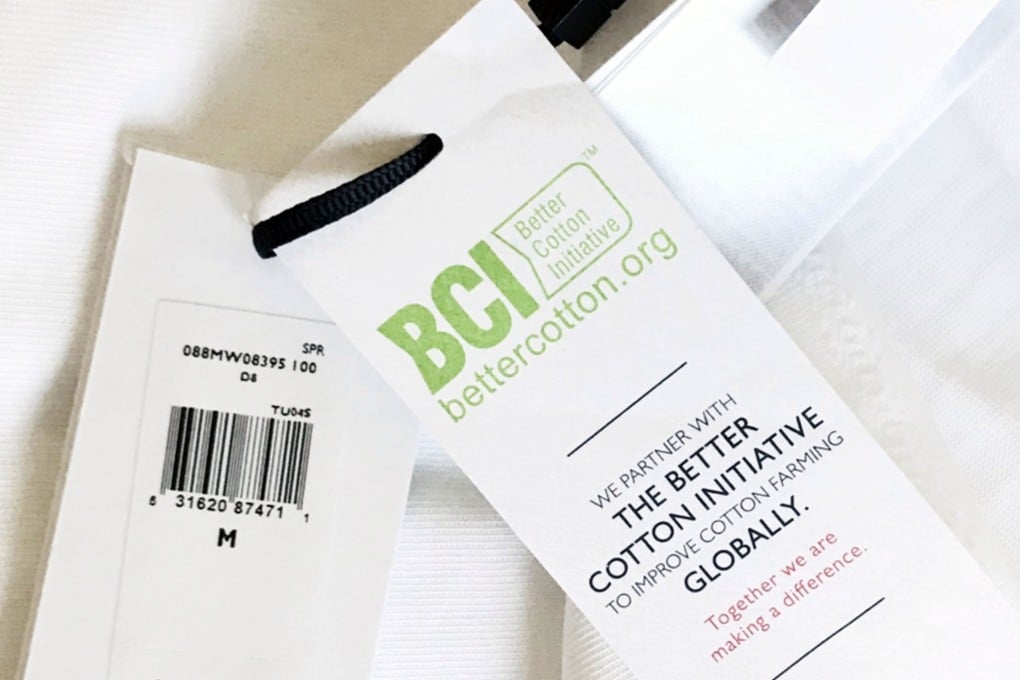Advertisement
Xinjiang cotton: BCI attacked for removing statement on forced labour
- Communist Youth League, China News Service accuse Better Cotton Initiative of removing a statement in which it said it boycotted Xinjiang cotton without explanation
- BCI says statement was removed due to a cyberattack on its website and its policy remains unchanged
Reading Time:2 minutes
Why you can trust SCMP
5

The Better Cotton Initiative (BCI) has come under fire again in China for removing a statement on its website about forced labour in Xinjiang without explanation.
The world’s largest cotton sustainability programme, which covers 14 per cent of global cotton production, said it ceased all field-level activities in Xinjiang in October due to allegations of forced labour and human rights issues and had suspended all licensing for the region since March 2020.
However, the statement was removed when foreign clothing retailers, many of them BCI members such as H&M and Nike, faced boycotts in China for avoiding cotton produced in Xinjiang in March.
Advertisement
The Communist Youth League and Chinese state media publicised the removal of the statement this week, and accused the BCI of being hypocritical and ungrateful.
“[Your] face must hurt! BCI secretly removed a statement ‘boycotting Xinjiang cotton’,” the Communist Youth League posted on Weibo, China’s equivalent of Twitter, on Thursday.
Advertisement
China News Service published a column that said the BCI should acknowledge it made a mistake and apologise.
Advertisement
Select Voice
Select Speed
1.00x
